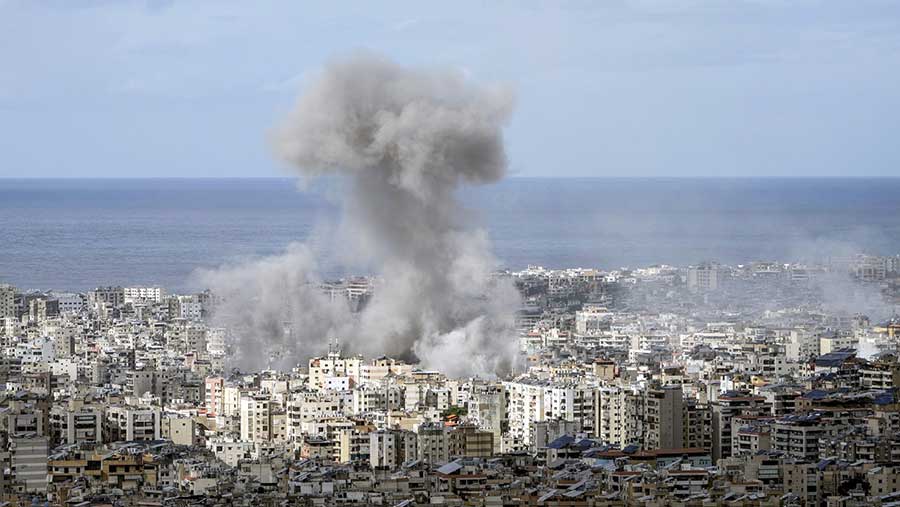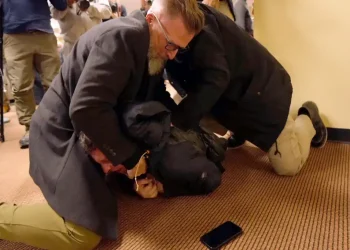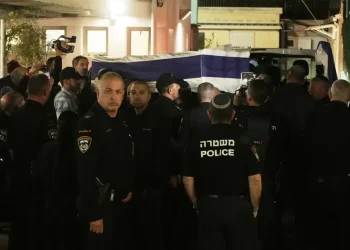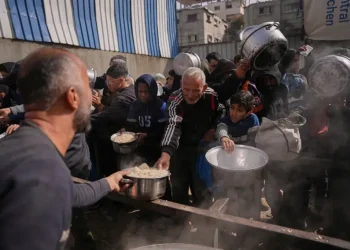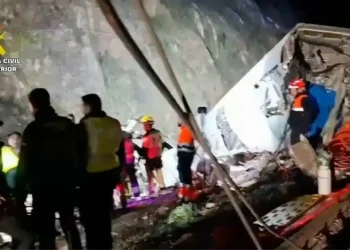Israeli Prime Minister Approves Ceasefire with Lebanon ‘In Principle’
Israeli Prime Minister Benjamin Netanyahu has tentatively approved a ceasefire deal with Hezbollah, according to a source familiar with the ongoing negotiations. The agreement, discussed during a security consultation with Israeli officials on Sunday night, remains contingent on resolving key details, which were expected to be relayed to the Lebanese government on Monday.
Negotiation Status
While progress has been made, Israeli officials still have reservations about parts of the proposal. These concerns, along with other details, are under negotiation. Multiple sources emphasized that the agreement will not be finalized until all outstanding issues are resolved. Approval by the Israeli cabinet, a crucial step, has not yet occurred.
Positive Momentum, Fragile Process
Negotiators remain optimistic about reaching an agreement, though tensions between Israel and Hezbollah persist. Both sides have continued exchanging fire, and sources warned that any misstep could derail the talks.
U.S. envoy Amos Hochstein, who has been mediating the negotiations, expressed optimism during his visit to Beirut last week, describing discussions as “constructive” and “very good” in narrowing gaps. He stated, “We have a real opportunity to bring conflict to an end. The window is now.” Hochstein has since traveled to Israel to finalize the discussions.
Proposed Ceasefire Terms
The U.S.-backed proposal seeks a 60-day cessation of hostilities, which some hope could pave the way for a more permanent ceasefire. Lebanese Prime Minister Najib Mikati indicated that Beirut responded positively to the proposal, and many aspects of the draft agreement have reportedly been resolved.
On Sunday, U.S. officials reportedly pressed Israel to respond favorably to the ceasefire deal. Hochstein allegedly warned the Israeli ambassador to Washington that he might withdraw from mediation efforts if progress stalls.
Conflict Background
Tensions between Israel and Hezbollah have escalated since October 8 of last year, when Hezbollah launched attacks on Israeli-controlled territory in solidarity with Hamas and Palestinians in Gaza. This triggered months of cross-border skirmishes, culminating in Israel’s major military offensive in mid-September.
The offensive has included ground invasions, targeted killings of Hezbollah leaders—most notably its founder Hassan Nasrallah—and widespread destruction, injuring thousands of people. The violence underscores the urgency of achieving a ceasefire to halt further bloodshed.
Next Steps
Both sides must agree on unresolved terms for the ceasefire to proceed. The coming days are critical, as mediators work to finalize an agreement that could bring a temporary halt to hostilities and potentially lay the groundwork for lasting peace.
This article was rewritten by JournosNews.com based on verified reporting from trusted sources. The content has been independently reviewed, fact-checked, and edited for accuracy, neutrality, tone, and global readability in accordance with Google News and AdSense standards.
All opinions, quotes, or statements from contributors, experts, or sourced organizations do not necessarily reflect the views of JournosNews.com. JournosNews.com maintains full editorial independence from any external funders, sponsors, or organizations.
Stay informed with JournosNews.com — your trusted source for verified global reporting and in-depth analysis. Follow us on Google News, BlueSky, and X for real-time updates.
